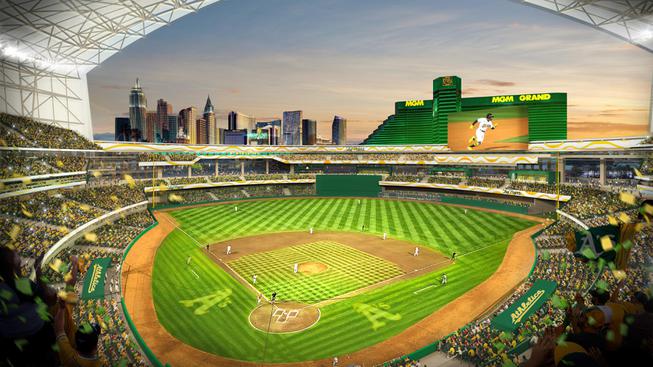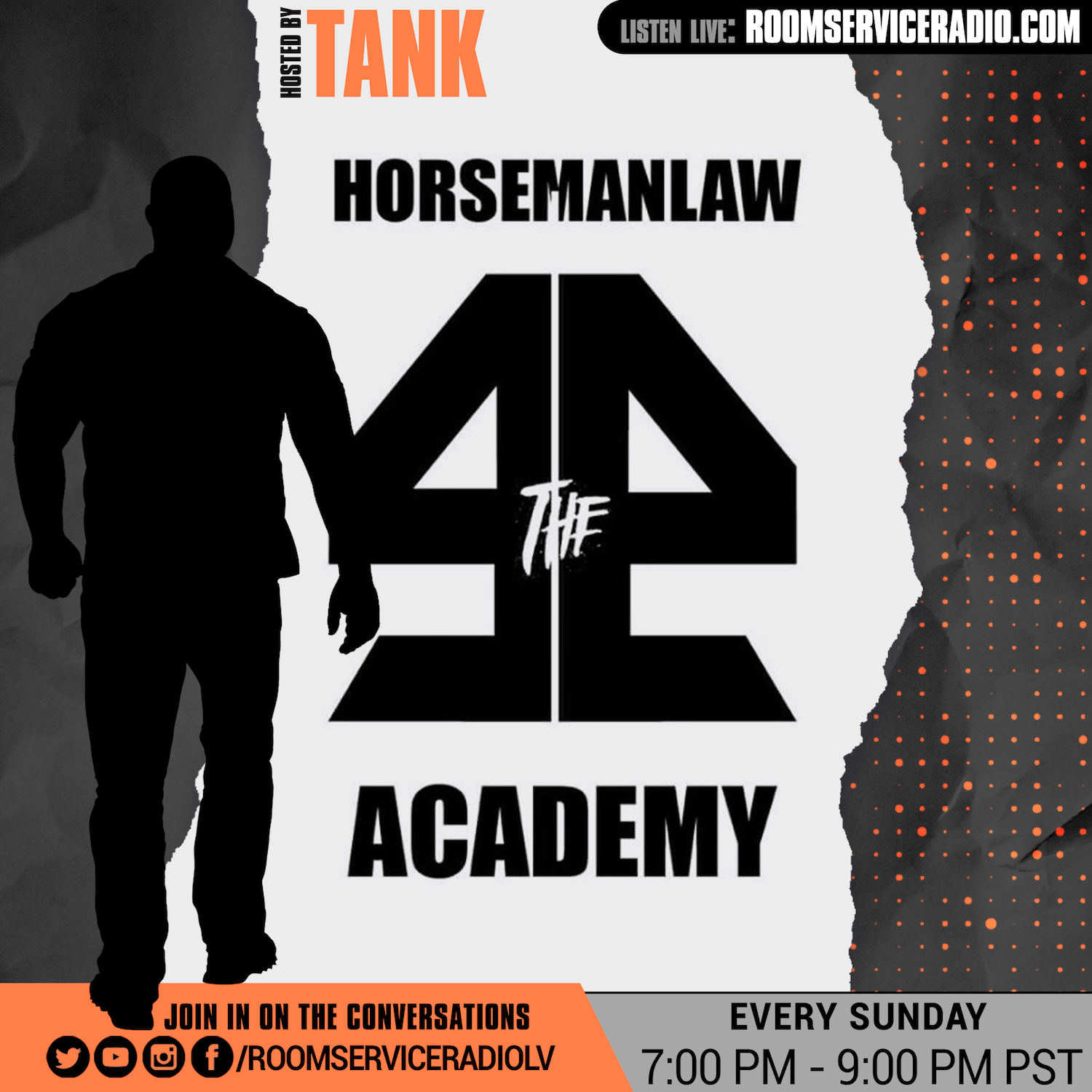
Athletics
An artist’s rendering of the proposed A’s ballpark on the Tropicana casino site on the Las Vegas Strip.
Monday, June 12, 2023 | 8:58 p.m.
The next step in the relocation of the Oakland Athletics is going to have to wait at least one more day.
The Nevada Senate adjourned Monday night without moving forward a proposed $380 million public financing package for a Major League Baseball stadium off the Las Vegas Strip.
Despite not taking action on Senate Bill 1 of the 35th Special Session, the Assembly Committee of the Whole — a bodywide subcommittee formed for the special session to negotiate potential changes to the bill — will return at 9 a.m. Tuesday to hear an informal presentation on the proposed project’s economic impact and surrounding infrastructure.
Lawmakers were back at the Legislature today after a special session began last week to consider the package for the $1.5 billion ballpark slated to be built at the current site of the Tropicana Hotel. Lombardo, a Republican, had summoned lawmakers for the session after they were unable to pass a deal in time for the end of the 82nd legislative session, which ended June 5.
In a hearing presenting the bill before lawmakers last week, representatives from the A’s and tourism officials, mirroring many of the talking points from a hearing late last month, pitched the project as an economic win, with Las Vegas holding a unique position as a strong tourism market.
The public funding would mainly come from $180 million in transferable tax credits and $120 million in county bonds. Backers have pledged that the creation of a special tax district around the proposed stadium would generate enough money to pay off those bonds and interest. The plan would not directly raise taxes.
The A’s would not owe property taxes for the publicly owned stadium. Clark County, which includes Las Vegas, would also contribute $25 million in credit toward infrastructure costs.
The proposed 30,000-seat stadium would be the smallest in Major League Baseball.
Several lawmakers referenced many sports economists who say potential benefits of stadiums are not worth public funding, even as more cities and states are putting up hundreds of millions or billions of dollars for new facilities.
But Jeremy Aguero, an economist and founder of Applied Analysis, a data research firm partnering with the A’s, has long said that Las Vegas’ tourism-based market would suit a baseball team more than any other city.
In a study his firm conducted — and paid for by the A’s — he estimated that 405,000 people each year would not have visited Las Vegas if not for stadium events. Those visitors stay in hotels and spend money in resorts and restaurants at higher rates than they would in other cities, Aguero said.
“I think in this instance, you’re probably in the minority here of people in your profession,” Democratic Sen. Dallas Harris pressed Aguero on Thursday.
“The difference is not that I am different,” Aguero responded. “The difference is that we are different as an economy, which sets us apart.”
Special sessions are fairly common in Nevada’s Legislature, which lasts for four months every other year. There have been seven since 2013 for a variety of reasons — pandemic protocols,statewide redistricting, budget disputes and approval for $750 million in public funding to help build Allegiant Stadium when the Oakland Raiders moved to Las Vegas.
The A’s have been looking for a home to replace Oakland Coliseum, where the team has played since arriving from Kansas City for the 1968 season. The team previously sought to build a stadium in Fremont, California, as well as San Jose and, most recently, a proposed $12 billion waterfront ballpark district in Oakland with a stadium just off the San Francisco Bay — all ideas that never materialized.
The Associated Press contributed to this report.
[email protected] / 702 990-2681 / @Casey_Harrison1













